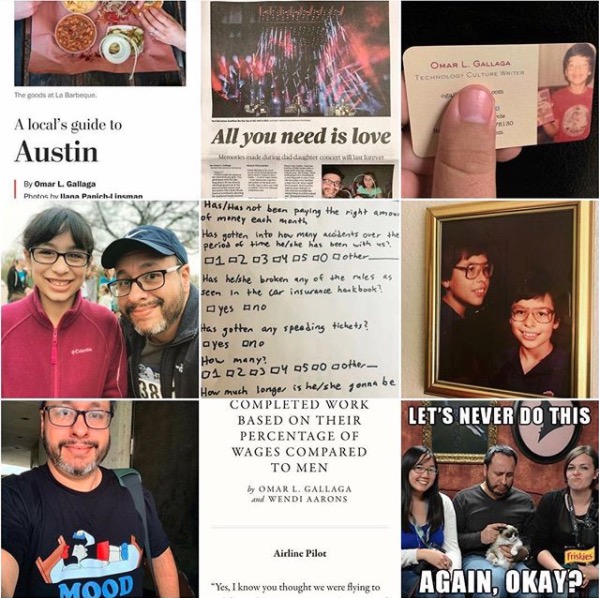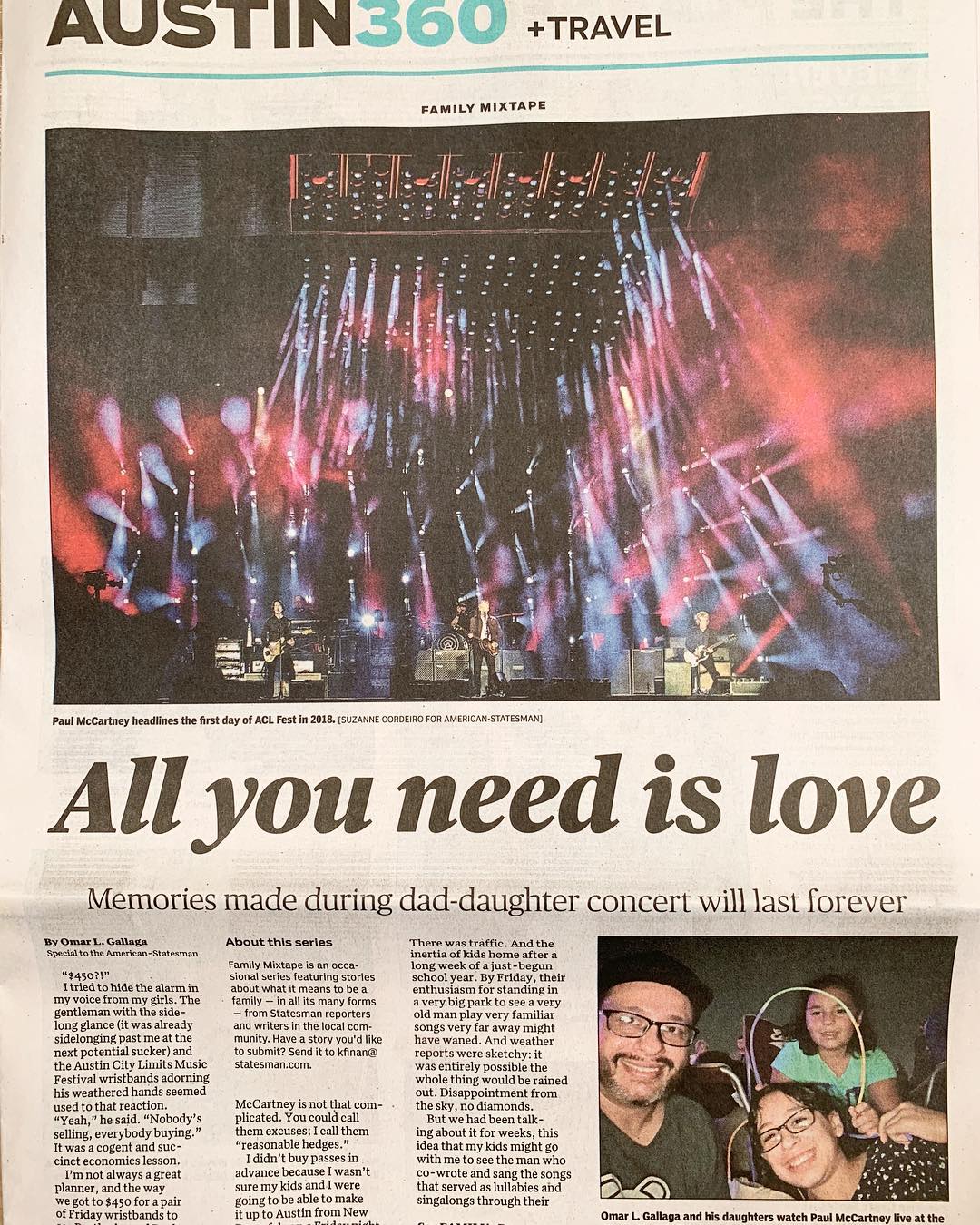Full Listing of Financial Extra Campaigns and offers 2025
16 Oct
Blogs Insurance rates within the Norway Pursue Sapphire Preferred Cards Availableness to possess Load ‘Letter Wade leasing vehicles is fairly minimal Globe Nomads’ Explorer Bundle tends to make enough time-term travel insurance simple for people who take part in highest-exposure points, for example skydiving otherwise windsurfing, while traveling abroad. The organization features dedicated postings with […]





